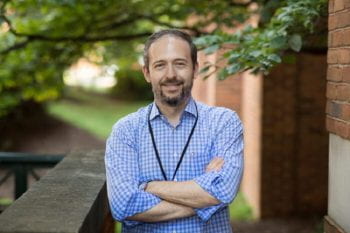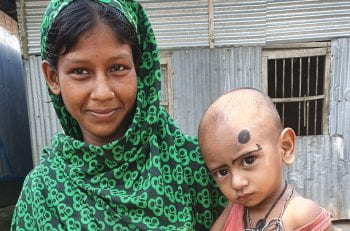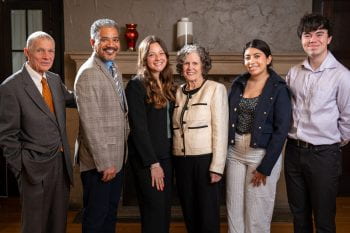As the deadly disease that came to be known as COVID-19 started spreading in late 2019, scientists rushed to answer a critical question: Who is most at risk? They quickly recognized that a handful of characteristics — including age, smoking history, high body mass index (BMI) and the presence of other diseases such as diabetes […]
Cannabis use tied to increased risk of severe COVID-19















































